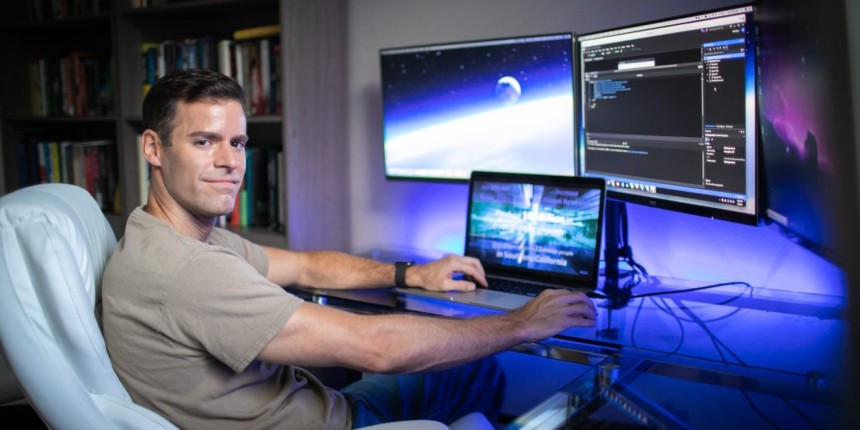That’s why Bates developed HelloSky, which consolidates candidate, company, talent, investor, and assessment data into a single GenAI-powered platform to help companies find candidates they might not have otherwise.
But the AI talent wars will make it more difficult than ever to fill seats with experienced candidates.
“The bet, the hope is they know how to discover the remaining ideas to get to superintelligence—that there are going to be a handful of algorithmic ideas and, you know, medium-sized handful of people who can figure them out,” Altman recently told CNBC.
Bates refers to his platform as “moneyball” for unearthing top talent—essentially a “complete map” of real domain experts who may not be well-networked in Silicon Valley.
Using AI, HelloSky can tag different candidates, map connections, and find people who may not have as much of a social media or job board presence, but have the necessary experience to succeed in high-level jobs.
The platform scours not just resumes, but actual code contributions, peer-reviewed research, and even trending open-source projects, prioritizing measurable impact over flashy degrees. That way, companies can find candidates who have demonstrated outsized results in small, scrappy teams or other niche communities, similar to how the Oakland A’s Billy Beane joined forces with Ivy League grad Peter Brand to reinvent traditional baseball scouting, which was depicted in the book and movie Moneyball.
It’s a “big unlock for everything from hiring people, partnering, acquiring whatever, just everyone interested in this space,” Bates said. “There’s a lot of hidden talent globally.”
HelloSky can also sense when certain candidates “embellish” their experience on job platforms or fill in the gaps for people whose online presence is sparse.
“Maybe they said they had a billion-dollar IPO, but [really] they left two years before the IPO. We can surface that,” Bates said. “But also we can give credit to people that maybe didn’t brag sufficiently.” This helps companies find their “diamond in the rough,” he added.
Bates also predicts search firms and internal recruiters will start forcing assessments more on candidates to ensure they’re the right fit for the job.
“If you can really target well and not waste so much time talking to the wrong people, then you can go much deeper into these next-gen behavioral assessment frameworks,” he said. “I think that’ll be the wave of the future.”









